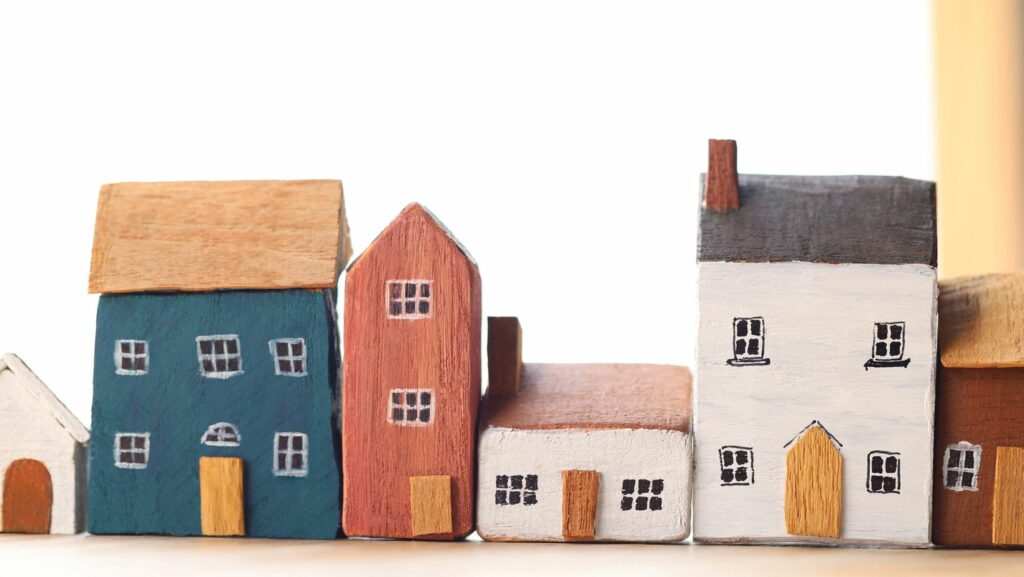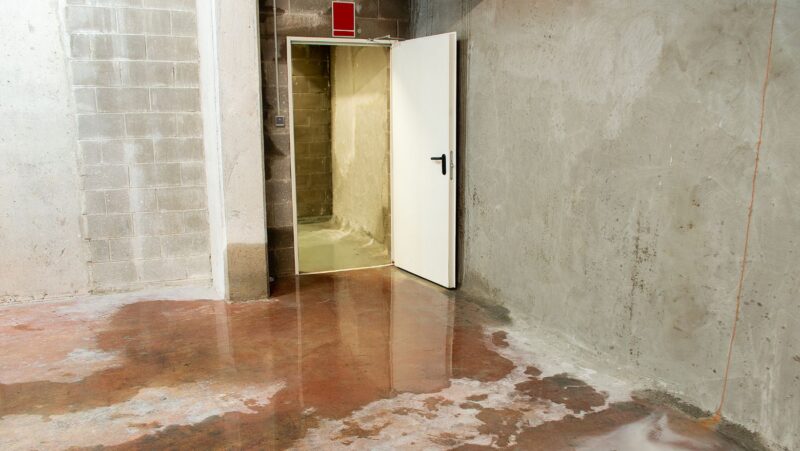
Building your dream house is an exciting endeavor that allows you to create a living space perfectly tailored to your needs and preferences. However, before embarking on this journey, it’s crucial to gather the necessary knowledge to ensure a smooth and successful construction process. In this guide, we will explore some essential things you should know before building a house, from planning and budgeting to selecting the right contractors and materials. So let’s dive in and make your dream home a reality!
1. Planning and Research
Building a house requires careful planning and thorough research. Start by assessing your needs and envisioning your ideal home. Consider factors like the number of bedrooms and bathrooms, the layout, and any specific features or amenities you desire. Research different architectural styles and explore home design trends to get inspired.
Additionally, it’s important to familiarize yourself with the local building regulations and codes. Contact your local municipality to obtain the necessary permits and ensure compliance with zoning restrictions. By understanding the legal requirements and limitations, you can avoid potential setbacks and delays.
2. Budgeting and Financing
Creating a realistic budget is crucial when building a house. Determine your financial capacity and allocate funds for various aspects, such as land acquisition, construction costs, permits, and design features. Remember to factor in additional expenses like landscaping, furniture, and appliances.
Consider exploring financing options, such as mortgages or construction loans, to secure the necessary funds. Consult with financial advisors or lenders to determine the best approach for your situation. It’s important to have a clear understanding of your financial capabilities and limitations before proceeding.
3. Land Selection
Choosing the right plot of land is a critical step in building your dream house. Research different locations and assess factors like proximity to amenities, schools, and workplaces. Evaluate the neighborhood’s infrastructure, safety, and future development plans.
Land and house packages can be a convenient option to consider. These packages often include both the land and the house design, simplifying the process and potentially offering cost savings. However, ensure that the package aligns with your preferences and meets your requirements.
4. Hiring Professionals
To ensure a successful construction project, it’s crucial to hire reliable and experienced professionals. Engage an architect or a designer to translate your vision into a practical plan. They can help with designing the layout, incorporating your desired features, and optimizing the use of space.
Next, select a reputable general contractor who will oversee the construction process. Look for contractors with a proven track record, proper licenses, and insurance coverage. Obtain multiple quotes and compare their expertise and proposed timelines before making a decision.
5. Energy Efficiency and Sustainability
Incorporating energy-efficient features and sustainable practices into your house design can offer long-term benefits. Consider installing solar panels, energy-efficient appliances, and LED lighting to reduce your carbon footprint and save on utility bills. Explore insulation options and choose eco-friendly materials to enhance energy efficiency.
6. Material Selection
Choosing the right materials is crucial for the durability, functionality, and aesthetics of your home. Research different materials and their properties to make informed decisions. Opt for high-quality materials that are suitable for your climate and environmental conditions.
Consult with your architect or contractor to determine the best materials for different areas of your house, such as roofing, flooring, and walls. Consider factors like cost, maintenance requirements, and visual appeal to strike the right balance.
7. Regular Communication and Project Monitoring
Effective communication with your architect, contractor, and other professionals involved in the project is essential. Regularly discuss the progress, address any concerns, and make necessary adjustments. Maintaining open lines of communication ensures that everyone is on the same page and helps prevent misunderstandings or delays.
Additionally, actively monitor the construction process to ensure that it aligns with your expectations and plans. Visit the construction site regularly and ask questions to stay informed about the progress. This hands-on approach allows you to catch any potential issues early on and make necessary changes.
Building Your Dream Home
Building a house is a significant undertaking, but with careful planning and knowledge, it can be a rewarding experience. From thorough research and budgeting to selecting the right professionals and materials, every step plays a crucial role in bringing your dream home to life. Remember to stay involved throughout the process, and don’t hesitate to seek guidance from experts. By following these essential guidelines, you’ll be well on your way to creating a house that perfectly reflects your style and meets your needs for years to come.














